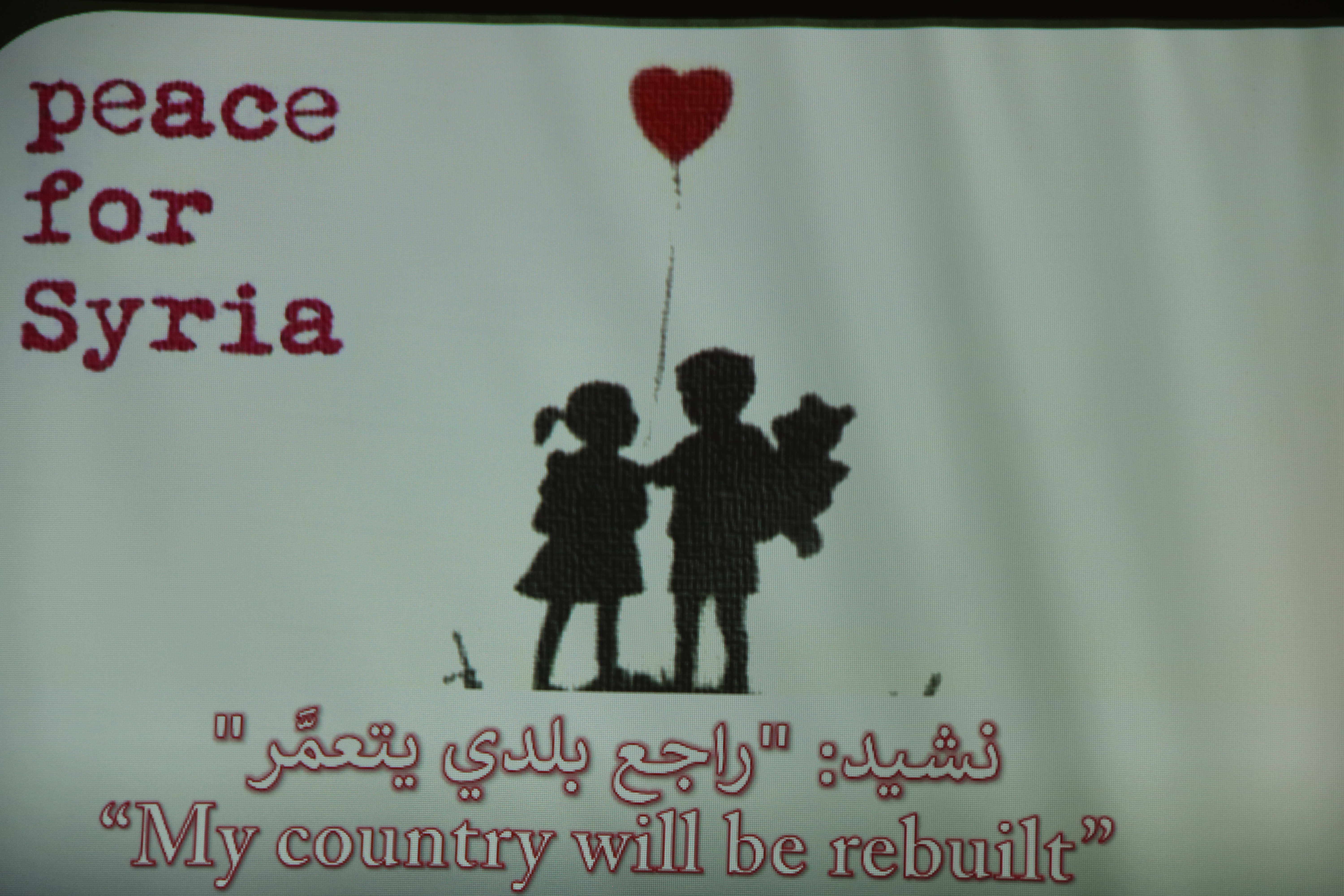40,000 to 50,000 Christians are already caught up in the escalating conflict in north eastern Syria, as Turkish troops attack Kurdish-led forces. This number is very likely to increase in the coming days.
Warnings that the fresh violence could unleash a renewed – and potentially fatal – exodus of Christians from the region have come from a bishop who has accused the US and the international community of inflicting huge damage on the country.
Archbishop Jacques Behnan Hindo said he feared a massive exodus of Christians in Hassaké – where half of Catholics and Orthodox have left since 2010 – as well as Qamishli, in north-east Syria.
Speaking in an interview with Aid to the Church in Need (ACN), the Emeritus Archbishop of Hassaké-Nisibi highlighted his concerns for the region amid reports of thousands of Daesh (ISIS) fighters and their families on the run following a strike on Chirkin prison, Qamishli.
Describing the plight of 5,000 families in his former diocese, Archbishop Hindo said: “In recent days, many had already moved from the border towns to Hassaké.”
The archbishop, who reported the killing of two Christians on 10th October in attacks on Qamishli, added: “Now the conflict has become even more serious and I fear that many will emigrate.”
Stating that before the latest conflict 50 percent of Catholics and Orthodox had fled Hassaké – with almost as many leaving Qamishli – Archbishop Hindo said: “I fear a similar exodus, if not a greater one.”
Pope Francis has also renewed his concern for the Middle East, especially Syria, at the October 13, 2019, praying of the Angelus in St. Peter’s Square.
“And my thought goes once again to the Middle East. In particular, to the beloved and martyred Syria, from which tragic news arrives again on the fate of the populations of the northeast of the country, constrained to abandon their homes because of the military actions: among these populations, there are also many Christian families,” the Holy Father said. “To all the actors involved and also to the International Community, please, I renew the appeal to be sincerely committed, with honesty and transparency, to the path of dialogue to seek effective solutions.”
Northeastern Syria is home 30.000 to 40,000 Christians, Armenians, Chaldeans, Assyrians, as well as Syriac Catholics and Syriac Orthodox. Although suffering some restrictions, they have been living under the protection of the Kurds in an area that stretches 300 miles from the Euphrates River to the Iraqi border.
With the Kurds now likely to engage Turkish forces in battle, Christians and other minorities are afraid they will be left without protection. This confrontation may trigger an exodus, further depleting the Christian population of Syria, which has already shrunk by 80 percent in some regions since the start of the country’s civil war in 2011. To make matters worse, Kurds have warned that they may abandon the guarding of some 11,000 ISIS prisoners, who, if freed, would pose a huge threat to the entire region.
Already some refugees from northeastern Syria have reached Kurdistan and northern Iraq. A new wave of refugees will overwhelm the capacity of local government and the local Church to care for them. The Chaldean Archdiocese of Erbil, Kurdistan, was home to 120,000 Christians who had fled the 2014 ISIS invasion of northern Iraq. Still some 40,000 Internally Displaced People (IDP) are placed in the archdiocese and it would simply lack the means to cope with a new influx of refugees from Syria. What’s more, fleeing to Lebanon is not an option. Lebanon, overwhelmed by more than a million Syrian refugees, has initiated a policy of forcing refugees to return to their homeland.
Erbil’s Archbishop Bashar Warda expressed major concerns that once again, “Christians and Yazidis will be collateral damage” as great powers make their moves in the region. He worries that many of the Christian refugees from northeastern Syria, unable to find adequate refuge in Kurdistan or northern Iraq, may leave the Middle East altogether.
Will Western nations stand up and protect Christians and other minorities? Non-state actors, such as faith-based organizations, will have to fill the gap as best as they can. For its part, Aid to the Church in Need will continue to stand firm in its commitment to protect and serve persecuted Christians in the Middle East and beyond.





